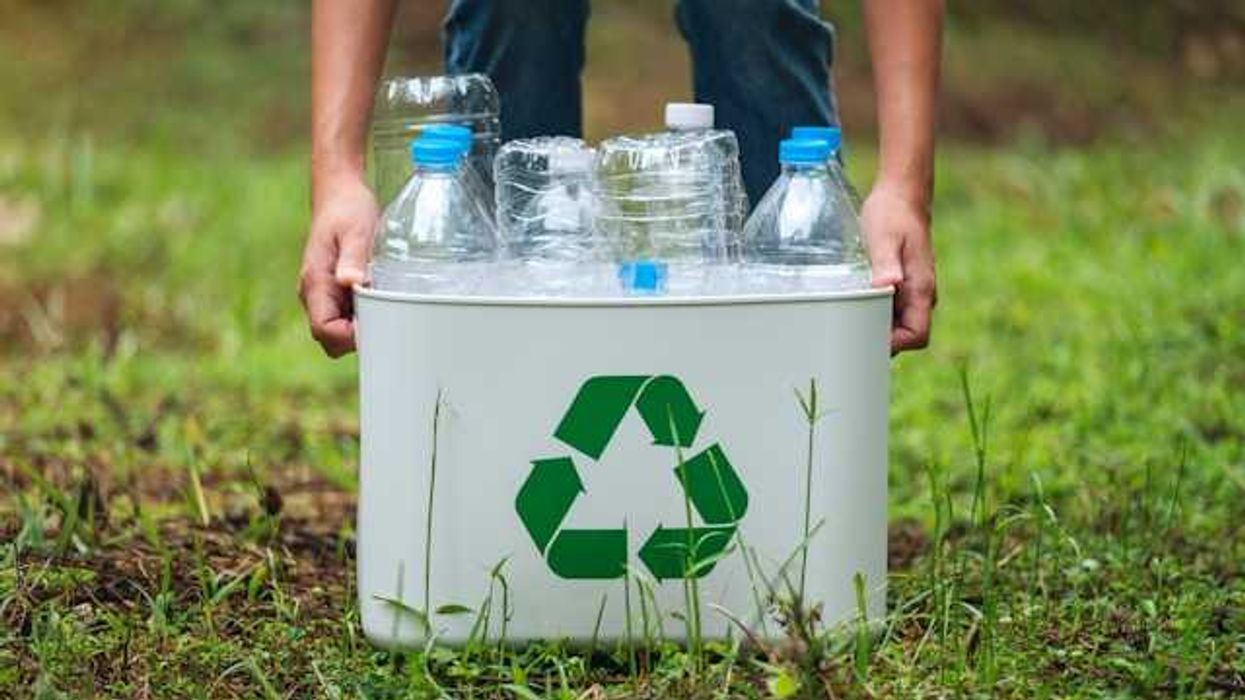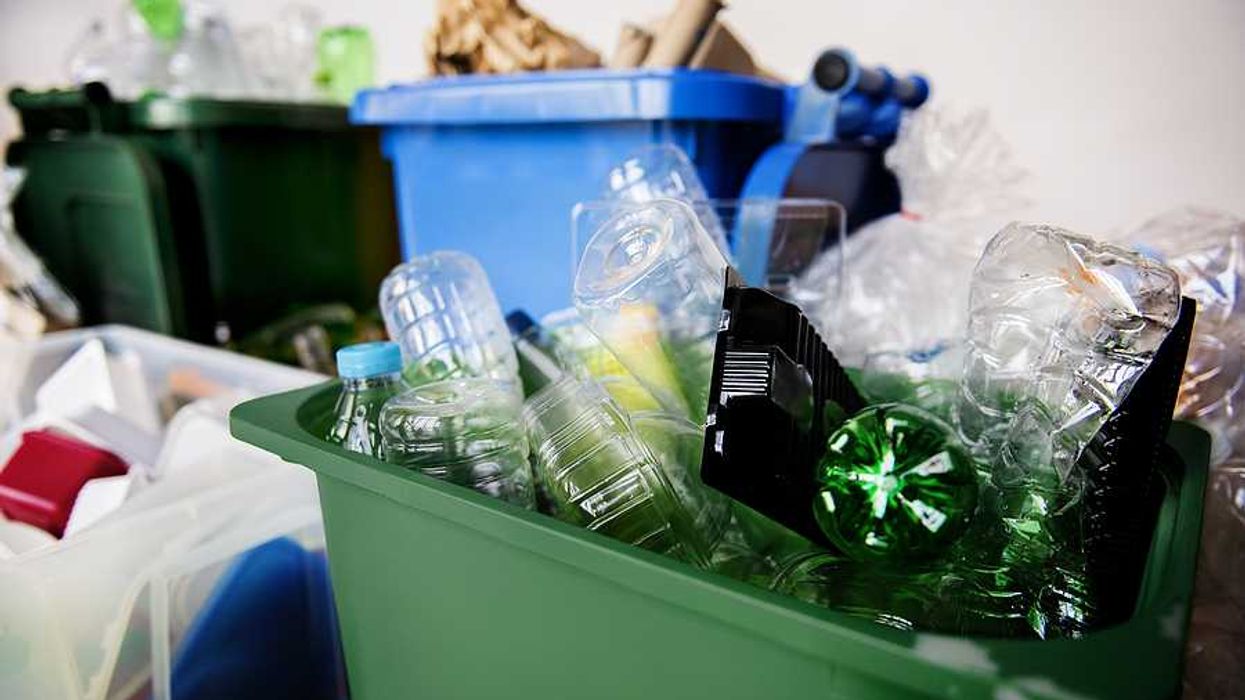The legal battle over contaminated drinking water at the U.S. Marine Corps base Camp Lejeune is intensifying as lawyers and the U.S. Department of Justice (DOJ) clash over depositions, expert testimony, and the scope of water contamination lawsuits.
Annette Weston reports for Public Radio East.
In short:
- Plaintiffs argue that the DOJ’s repeated deposition requests are burdensome, while the government challenges expert reports linking contamination to illness.
- A judge recently ruled that leukemia and lymphoma cases can proceed, and an upcoming hearing will define how water contamination is legally assessed.
- More than 2,600 lawsuits have been filed, with over 40,000 claims pending against the U.S. Navy under the Camp Lejeune Justice Act.
Why this matters:
Between the 1950s and the 1980s, nearly a million service members, civilian workers, and their families at Camp Lejeune in eastern North Carolina unknowingly consumed water laced with toxins such as trichloroethylene, perchloroethylene, benzene, and vinyl chloride. Some of these compounds are known carcinogens, linked to cancers, neurological disorders, birth defects, and a host of other severe health issues.
The scale of the contamination and its impacts have only become fully apparent in recent years. Former residents have reported devastating diagnoses, from leukemia to Parkinson’s disease, while families of those who have died point to poisoned water as the likely cause. For decades, many have fought for recognition and compensation, facing bureaucratic delays and legal roadblocks that have prolonged their suffering.
Related: Camp Lejeune water contamination claims face hurdles














